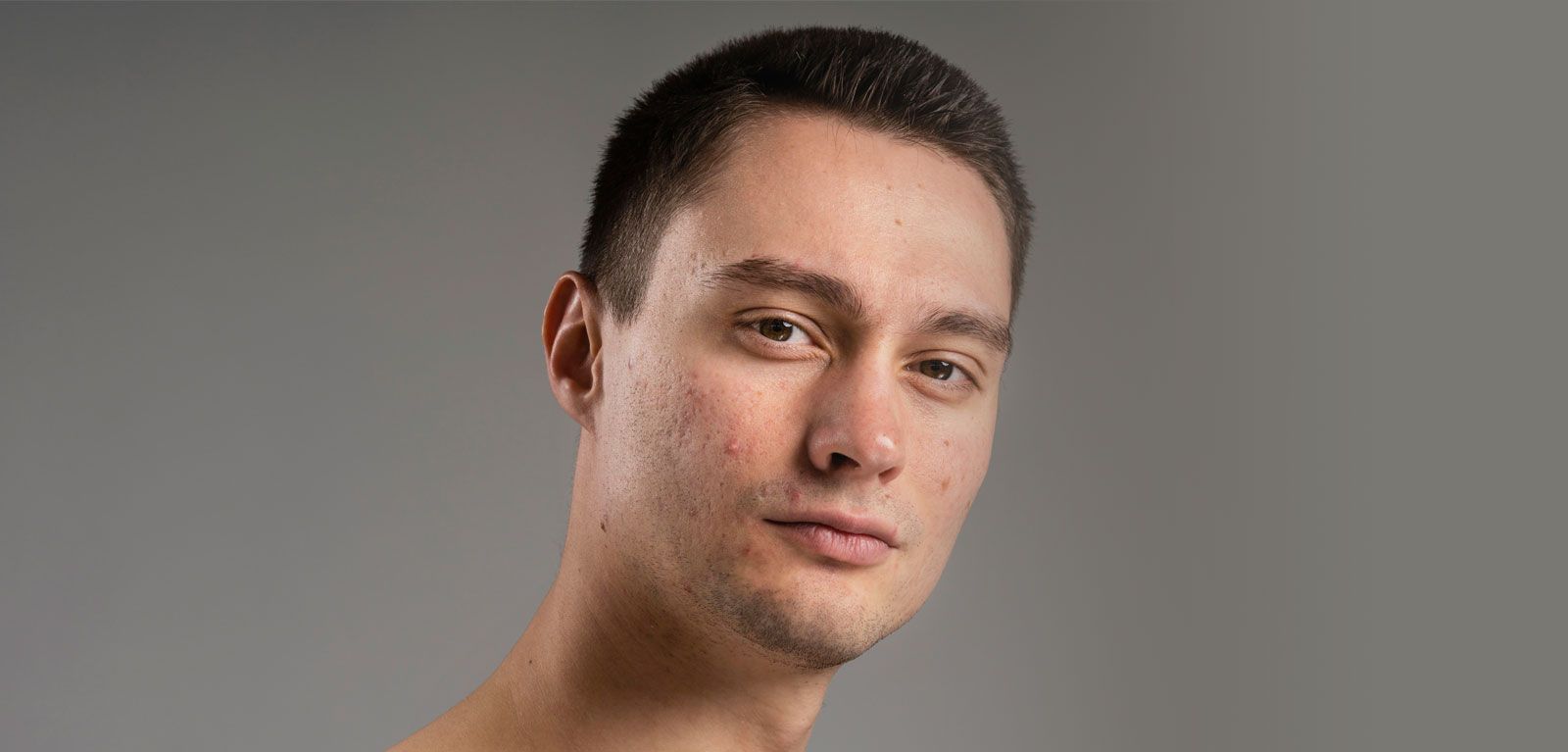Acne Scars.

Overview
30% of people with moderate to severe acne develop scars due to breakouts penetrating skin and damaging tissues. Scarring is more likely from severe acne like nodules or cysts that harm nearby skin, or from infected and inflamed acne damaging affected pores and tissue.
Cause
Acne scars risk varies from person to person. Usually, acne fades and leaves behind unblemished skin, but in some cases, scarring can occur. Touching or manipulating acne can increase the likelihood of scarring. Generally, the more severe the acne, the higher the risk of scarring. However, scars can still develop from mild breakouts
Symptoms
- Disfiguring and annoying for patients
- Boxcar scars: larger indentations with well-defined edges
- Icepick scars: small scars that resemble pinpricks
- Rolling scars: unclear edges, give skin a rolling appearance
- Atrophic scars: flat and thin or depressed scars
- Hypertrophic or keloid scars: thick, lumpy scars.
Treatments
There are currently several options available for treating acne scars. Although there is no complete cure, dermatologists often have the ability to significantly improve the appearance of the scars. The best treatment will depend on the specific type of scars and the individual’s skin type. Selecting a dermatologist with experience is key to obtaining desirable results.
Treatment options
Topical
Injectables:
- Soft tissue fillers/dermal injectable fillers
- Steroid injection
- OnabotulinumtoxinA (Botox)
Laser resurfacing:
- Full ablative laser resurfacing
- Fractional non-ablative resurfacing
- Pulse dye lasers
Energy-based procedures:
- Pulsed light sources and radiofrequency devices
Light-Based Therapies:
- Photodynamic therapy (PDT)
Surgical Techniques:
- Subcision
- Punch techniques
Non-Invasive Medical Devices:
- Skin needling/Dermabrasion
- Chemical Peels
Home care / DIY care
-
Black seed oil: may help even out skin pigmentation.
-
Rosehip oil: may reduce discoloration in post-surgical scars.
-
Honey: may help wound healing and prevent future scarring.
-
Aloe vera & manuka honey: may promote scar-free wound healing.
FAQs
Will picking your acne cause scarring?
When picking your pimples, you are damaging the outer layer of your skin which causes further dermal
disruption.Never pop an inflamed acne.That white substance that is visible on the outer layer of your spot is actually
only 20% of what needs to come out and when popping your pimple by hand, you’re pushing 80% of the pus further
back into your dermis .You should always allow your spots to heal naturally to avoid any permeant damage .
Are acne scars permanent?
Most scarring of any kind leaves a permanent imprint on your skin, and unfortunately, this goes for acne scars too.
However, with the many advancements in dermatology, there are a number of options available to help decrease the
appearance of scar tissue
How long does it take to clear acne scars?
It usually takes 3-6 months for the marks to disappear.Inflammation in the skin often leaves behind a scar as part of
the natural healing process.
Can acne scars go permanently?
Regardless of the treatment, you can't completely remove the scar, Acne scars are usually permanent, so it is
important to see a dermatologist if you are developing them.treating early and effectively can possibly improve some
scars.Lasers can provide 60-70% improvement in your acne scars.
Is laser for acne scars safe?
In the hands of an experienced dermatologist, laser treatment can safely treat many types of scars. When the person
performing your laser treatment lacks medical expertise and specialized knowledge of the skin, laser treatment may
not give you the results you seek.
best natural results
Elara has expertise in technological advances & their suitability, and adaptability to different subjects.
We strive to treat our patients with high quality affordable & excellent Skin and laser treatments. You will get that natural touch of treatment that you will hardly get anywhere with us.
We strive to treat our patients with high quality affordable & excellent Skin and laser treatments. You will get that natural touch of treatment that you will hardly get anywhere with us.
